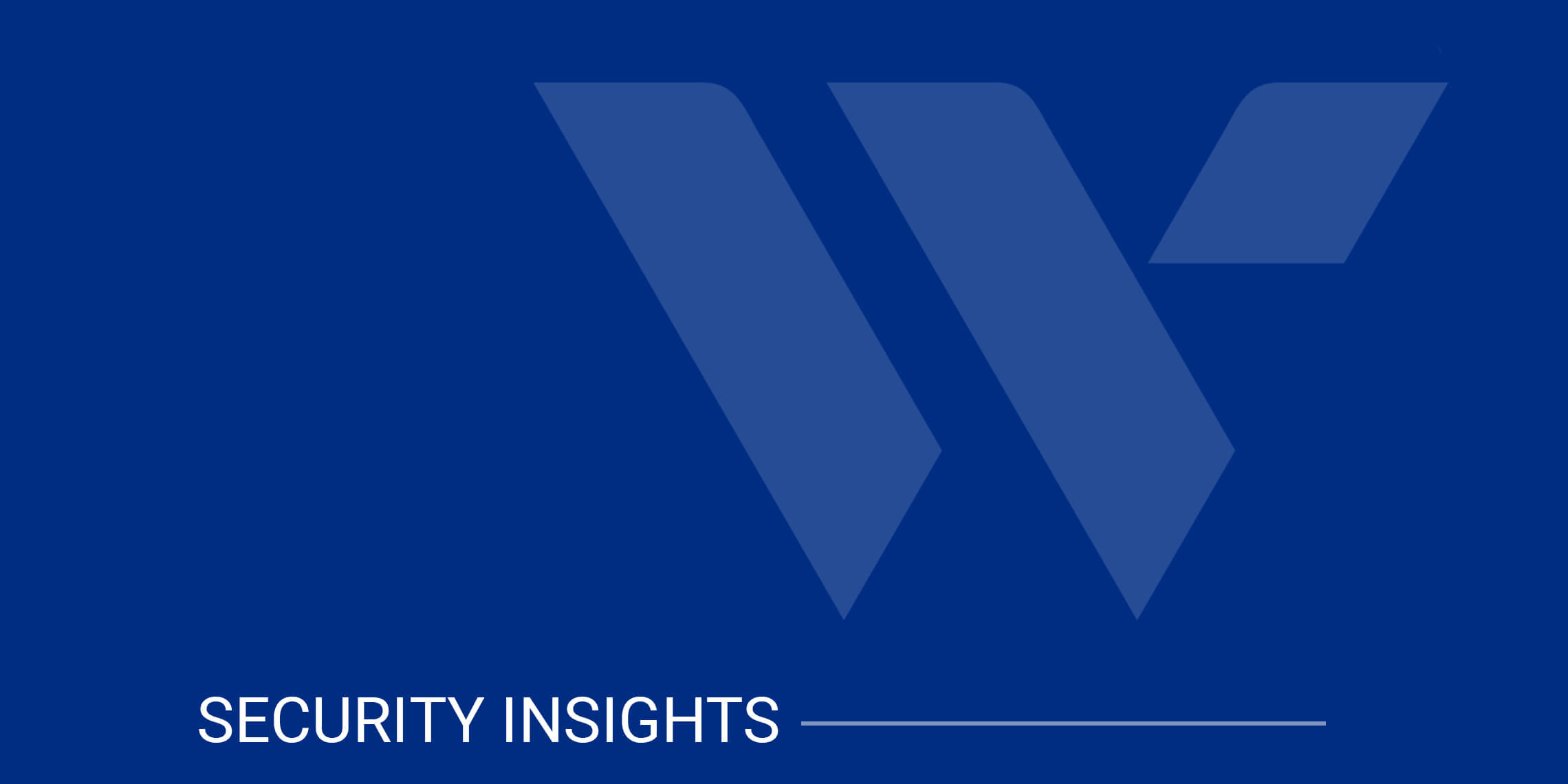Download our e-Treasury Secure Browser
Download the Sterling e-Treasury Token Client
Download our e-Treasury Secure Browser
Download the Sterling e-Treasury Token Client
Due to weather conditions, NY banking centers in Orange, Rockland, Ulster, and Sullivan county will open at 10am today. Online Banking, Mobile Banking, ATM’s, and the Contact Center remain available.
For optimal viewing experience, please use a supported browser such as Chrome or Edge
Download Edge Download Chrome
Published on June 22, 2020 | Webster Bank
As the COVID-19 pandemic continues, fraudsters are taking advantage of consumers and their fears, attempting to obtain personal information or money. To minimize fraud and deter scammers, watch out for the following phishing scams and impersonators:
Economic impact payments – With news that Americans are receiving their Economic Impact Payments this month, scammers are taking advantage and sending out texts and emails claiming that they have more information on your payment. Scammers will ask you to sign over your economic impact payment check to them or verify personal information via phone, email, text or social media to receive or speed up payment.
Public health officials– Scammers have been posing as public health or government officials, calling or emailing to request money for COVID-19 research. Avoid giving out your credit card number or any personal identifying information.
Fake charity employees – With many charities asking for donations to support coronavirus relief, fraudsters are taking advantage and posing as a charity worker at a fake charity, asking you for a donation.
Grandparents or family members – In grandparent scams, scammers pose as panicked grandchildren in trouble or sick, calling or sending messages urging you to wire money immediately.
If you’re not comfortable or unfamiliar with an email, text, or phone call, the best thing to do is delete the email or text, or hang up the phone. Below are additional recommendations:
Webster is here for you
Especially at this time, it is important to keep your information security top of mind. Remember, Webster Bank will never call you and ask for your PIN or social security number, so be on the lookout for unsolicited calls or emails from people who claim that they are from Webster Bank.
Webster Bank, N.A.
Webster, Webster Bank, the Webster Bank logo and the W symbol
are trademarks of Webster Financial Corporation and
registered in the U.S. Patent and Trademark Office.
© 2025 Webster Financial Corporation. All rights reserved.

